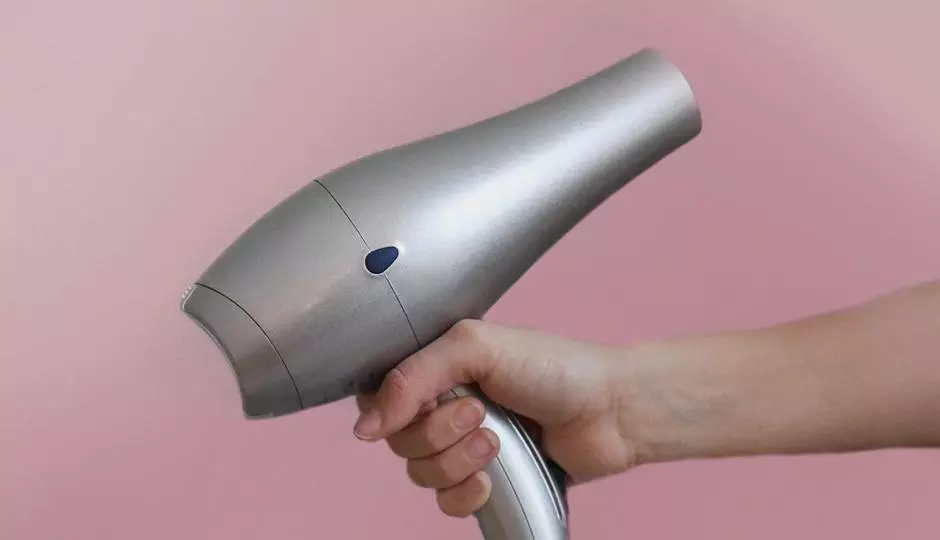PCOS is the abbreviation for polycystic ovary syndrome. Plenty of women have this hormonal disorder – in fact, it’s the most common hormonal disorder experienced by women who are in their reproductive years.
The term polycystic ovaries refer to the presence of multiple cysts on the ovaries, yet this is just one of several symptoms women can get if they have PCOS. It’s not even top of the list, which surprises a lot of people. Cysts can remain small and cause few problems, so because they’re internal, many women won’t know they have them.
Other symptoms of PCOS, however, are more visible, including those that might send some women searching for hair loss solutions. In this article, we’re going to learn more about the relationship between polycystic ovary syndrome and the increased risk of experiencing an oily scalp.
Does PCOS Cause Oily Scalp?
Yes, you may. One symptom seen with PCOS is hyperandrogenism. This means the androgen levels are higher than they should be. Androgens play several roles, but in terms of their relationship with your hair, they help regulate the health of your hair follicles. If you have a high level of androgens, perhaps due to PCOS, your hair follicles may shrink. The smaller the hair follicle, the thinner the hair, and that increases the risk of the hair becoming brittle. It can fall out more easily too, causing hormonal hair loss.
And in case you were wondering, high levels of androgens also make it more likely that you’ll experience a greasy scalp. Depending on the levels involved, it’s possible that you can wash your hair in the morning and have greasy hair by the end of the day.
What Can You Do to Resolve the Issue?
Firstly, if you suspect you might have PCOS, but you don’t have a diagnosis, set up an appointment with your healthcare practitioner. There are many other symptoms – some of which may seem equally as random as a greasy scalp – that can point toward PCOS, but it’s best to get a diagnosis to be sure.
Once you’ve ticked that box, you can focus on finding ways to help improve your scalp and your hair. The first thing to do is to think about switching to a different shampoo and conditioner. Look for something that avoids using parabens and sulphates among other things. The shampoo won’t lather in the same way, but it will do a better job of cleansing your scalp and hair. A hair professional can help recommend something you can safely use.
It’s also a good idea to reduce your hair washing routine. This sounds counterintuitive, I know, but daily hair washing is too much for many people. While you might wash your hair in the morning and have greasy hair by the evening, it’s not a good idea to wash it again. Washing your hair gets rid of its natural oils. So, what does your scalp do? It produces more oil to counteract that.
You can see where this is going. An oily scalp leads to more hair washing, which leads to an increase in oil in your scalp and hair. And since PCOS can also cause thinner and more brittle hair, you’re likely to exacerbate any hormonal hair loss that’s occurring too. Instead of washing your hair every day, skipping a day may help.
It is also advisable to meet with a hair professional that can help you with a proper regimen for an oily scalp. At Unique Hair Concepts we focus on utilizing the principles of trichology and perform a hair and scalp analysis that quantifies the level of sebum on the scalp. This allows us to monitor the results of the treatment regimen by measuring those sebum (oil) levels in the scalp. In addition, we use a high-definition microscope camera to see how your hair is growing from the scalp.
PCOS affects many women, but it does so in ways that tend to surprise some. You wouldn’t automatically link any problems with your hair to having polycystic ovaries. But as this article has shown, there are clear links that do exist. Fortunately, there are things you can do to help the situation, helping to stop hair loss, greasy scalp, and loss of confidence.
To learn more contact the team at Unique Hair Concepts for a complimentary in-person hair and scalp analysis.






